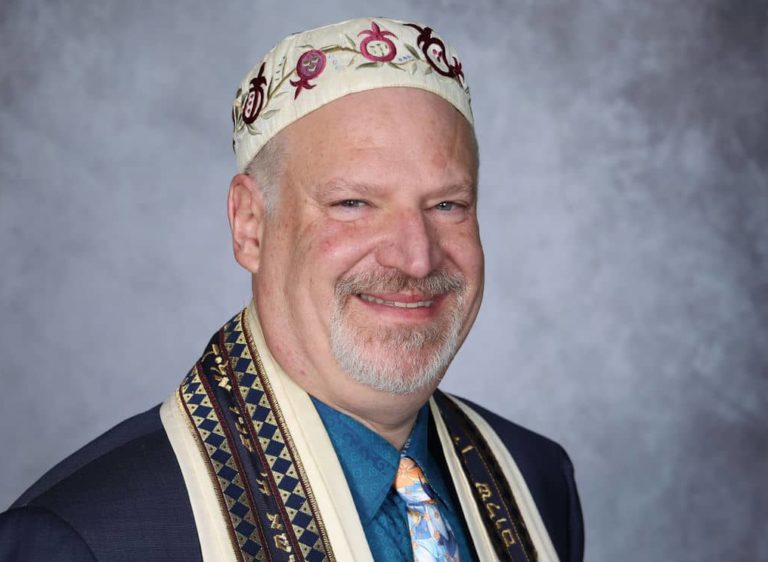
By Bill Slocum
Contributing Editor
As deficits mount and feasibility questions become more persistent, the town is wrestling more openly with what to do about its nursing home, the Nathaniel Witherell.
A special Board of Estimate and Taxation subcommittee, formed just last week and led by BET member Arthur Norton, met Tuesday with Nathaniel Witherell’s new chairman, Larry Simon, to discuss operational and financial issues surrounding the 202-bed nursing home and short-term care facility on Parsonage Road.
“We all have the same interest, which is making the Nathaniel Witherell work at a cost that works for the town,” Simon said. “We can’t expect the town to give us a blank check every year.”
The question of what to do with Nathaniel Witherell, the only municipally-run nursing home in the state of Connecticut, was frequently raised during BET budget deliberations last month. In the end, according to Finance Department calculations, the cost of maintaining the facility in fiscal year 2016-17 was set at $2.95 million.
Simon maintains Nathaniel Witherell cannot be expected to operate at a profit. Federal reimbursement for Medicare and Medicaid patients continues to be low, while fringe benefits for town employees working at the facility are high and rising.
“If they want us to break even, we might as well close our doors today,” Simon said.
Instead, he said that Nathaniel Witherell is focused on improving efficiencies, and maximizing income generated by its short-term rehabilitation services. “We need to take our strength, which is providing first-class care, and parlay that into greater business.”
Michael Mason, the BET chairman, said the subcommittee’s charge is twofold: Identify exactly what the costs are for the town to continue to run Nathaniel Witherell, and present ideas for making the facility work more efficiently.
“Greenwich is a unique place, and Nathaniel Witherell has a special place in this town,” Mason said. “But every time costs go up, it creates a question. Hopefully, we are going to find changes here and there that will have significant differences in revenue.”
One cost-savings option Simon noted was replacing at least some of Nathaniel Witherell’s full-time staff to part-time staff, given that fringe benefits are a bigger cost issue than wages. But he warned such a step could endanger the facility’s five-star Medicare rating.
Another player in the discussions is the Representative Town Meeting’s Budget Overview Committee. On March 7, the BOC presented a series of questions for Simon, which are probing and often challenging in tone. Some of them read as follows:
“TNW [The Nathaniel Witherell] was established as a Revolving Fund through which all revenues and costs would be captured so the ‘true’ costs to TOG [Town of Greenwich] would be clear. What is the justification for TOG now assuming many of those costs?”
“Last budget season taxpayers were told that many rooms had not been refurbished resulting in lower income. This year there are still five rooms to be refurbished and another $1 million is requested to improve the public rooms. What’s next?”
“What will it take—and how long—before the true operating costs of TNW are known?”
Mason said that last question constitutes much of the charge of the four-member BET panel looking at Nathaniel Witherell.
“We need to have an understanding of what the product is going to be, what revenues generate versus cost,” he said.
The BET has discussed the likelihood of funding Nathaniel Witherell as the facility struggles with profitability, somewhere in the range of $2-3 million annually. An argument Simon makes is that Nathaniel Witherell makes a difference in Greenwich’s quality of life. Most of Nathaniel Witherell’s residents, he said, “are either Greenwich residents or have some connection to the Greenwich community, whether it’s that they were employed here or their children live here.”
“People like the fact there is a place to put their loved ones,” he said. “Realtors point out we have a nursing home, a public pool, things like that. People who move to Greenwich are usually in their 40s and 50s. They have elderly parents, and they think about this.”
Mason said he agreed with this thinking. But he added that a “better grip” on cost, both fiscally and informationally, is needed.
“I definitely think we are more focused on the cost,” he said. “We want a consistent message out there, before we begin next year’s calculations. Here’s what it is going to cost us.”




